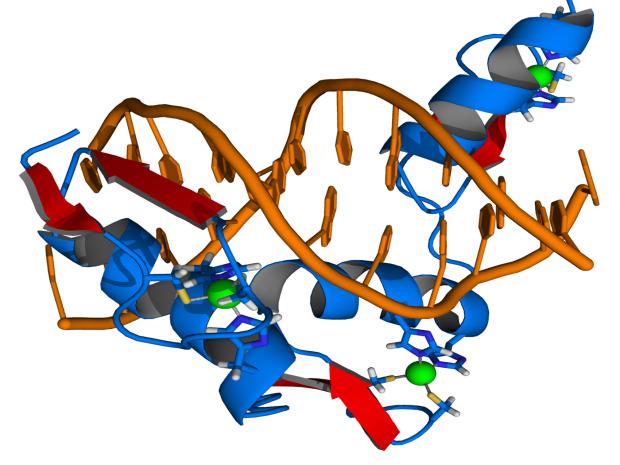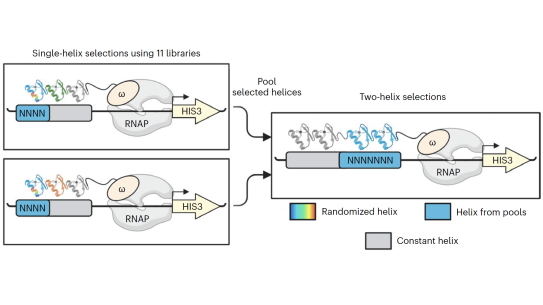Reprogramming Transcription Factors with a Universal Zinc Finger Model

Speaker:
Marcus Noyes, PhD
Assistant Professor, Dept. of Biochemistry and Molecular Pharmacology
Institute for Systems Genetics, NYU Grossman School of Medicine
Abstract:
The ability to understand and manipulate the interactions between proteins and their targets represents a frontier of both theoretical and practical significance. Dr. Noyes and his research group l has been at the forefront of this exploration, developing innovative methodologies to map out these interactions with unprecedented depth and breadth. This talk will delve into the group's pioneering work on reprogramming transcription factors—a breakthrough that marks a significant leap forward in our capacity to influence cellular functions and gene expression patterns. By harnessing the power of systems and synthetic biology, the team has not only shed light on the binding potential of common protein domains but has also opened the door to understanding the full functional capacity of proteins beyond their evolved roles. Through comprehensive synthetic screens, the research has unveiled new proteins with novel functions, paving the way for groundbreaking applications in therapeutic intervention, including artificial regulation, protein inhibition, and precise genome editing. This colloquium promises to offer valuable insights into the intersection of cell biology, synthetic biology, and computational approaches, highlighting the potential of these advances to revolutionize our approach to understanding and manipulating the complex machinery of life.
Dr. Marcus Noyes joined the NYU Institute for Systems Genetic and the Department of Biochemistry and Molecular Pharmacology in July of 2015. He received his PhD from the University of Massachusetts Medical School where he developed tools for the high-throughput characterization of protein-DNA interactions. He was next recruited as an independent Lewis-Sigler Fellow at Princeton University where he ran a small lab for 5 years before accepting his current position at NYU.


